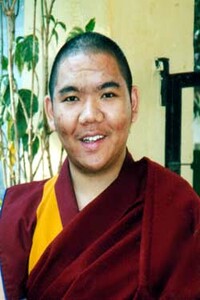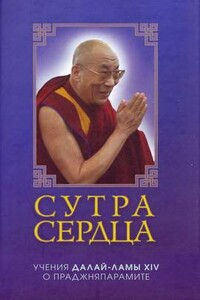Mastering the Core Teachings of Buddha. An Unusually Hardcore Dharma Book | страница 80
We can end up giving more attention to keeping our attention moving than to clearly investigating what our attention reveals. Again, some people do well with moving attention practices and some seem to thrive on keeping the attention in one place.
It should be noted that we may not always know exactly what is best for us. We may pick practices that feel good to us precisely because they don’t hit too closely, don’t allow us to clearly investigate the disconcerting truths of impermanence and suffering, don’t hit at our sense of identity in a way that really cuts to the bone. We might also pick traditions that are grueling and very painful for us because we imagine that this is what is important, even if such traditions do not facilitate clear investigations of the truth of our actual experience. Thus, working with good teachers who can advise us and help us keep from resting in our delusions is recommended. That said, some teachers only teach one practice, usually the particular one that worked for them. If that is also a technique that genuinely works for us, then we are set. If not, we may wish to investigate other traditions and techniques.
On a related note, I have advocated figuring out what works for you, considering how you are built and where you are. I do, however, recommend moderation in this. For instance, if you sit down to meditate and then decide that you are just a bit sleepy, so you stand up, and then you settle down a bit, so a few minutes later you sit down again. Then a minute later you decide you really don’t like that little pain in your knee and so you lie down, and so it goes. Such practice is likely to be of little benefit to you, so try to pick a posture and stick with it within reason. The same applies to objects of meditation, particularly 77
Practical Meditation Considerations
when you are starting out. There is a lot to be said for cultivating this basic level of self-control and discipline. Without it, we can end up shifting our practice habits every time our investigation begins to hit close to home.
RESOLVE
That brings me to the topic of resolve. I strongly recommend developing the freedom to choose what happens in your life that comes from discipline. While people often think of discipline as being contrary to freedom, I equate the two in many ways. Discipline and resolve allow one to make choices about what we do and stay strong in the face of difficulties. Thus, I recommend that when you set aside a period of time for a particular training, you resolve that for that period you will work on the specific training you have set out to work on, and that you will work on it whole-heartedly.


